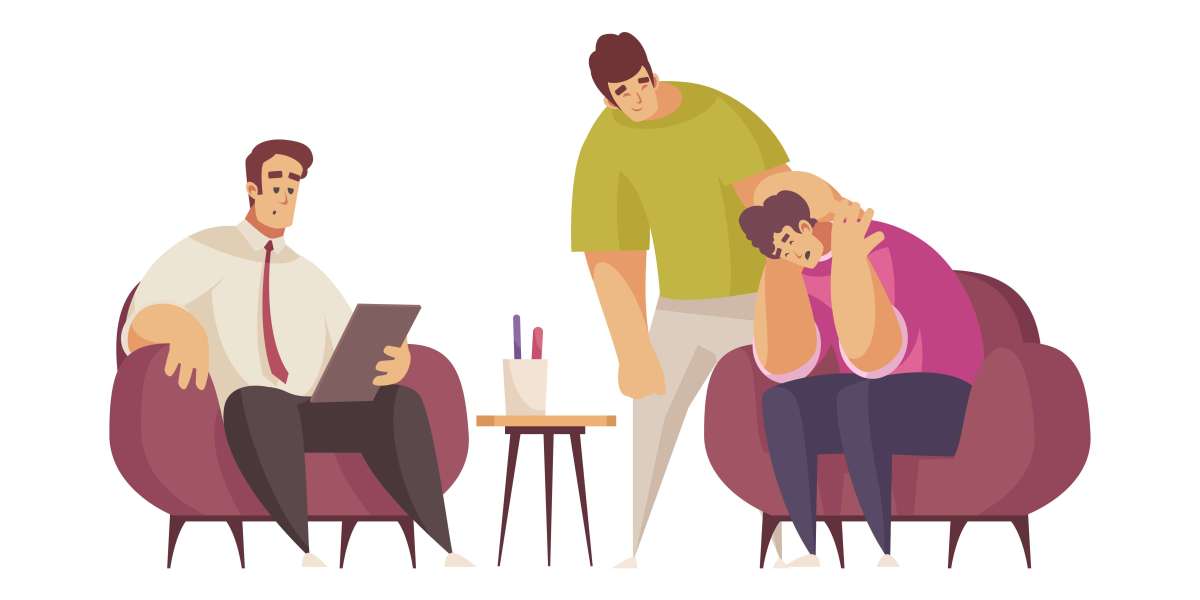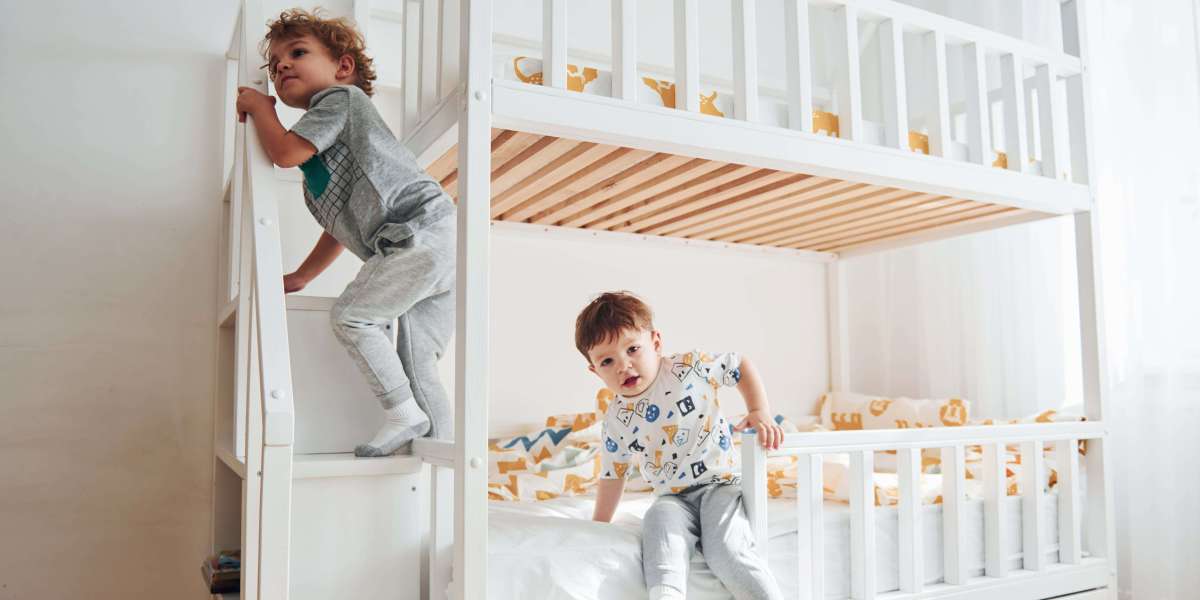Attention-Deficit/Hyperactivity Disorder (ADHD) is a common neurodevelopmental condition affecting children and adults. Characterized by symptoms such as inattention, impulsivity, and hyperactivity, ADHD can impact academic performance, social relationships, and daily functioning. While medication is often the first line of treatment, many parents and caregivers in Delhi seek non-medication alternatives for managing ADHD symptoms—especially for young children. This leads to a vital question: Can ADHD be effectively managed without medication in Delhi?
The answer is yes—with the right therapeutic interventions, lifestyle adjustments, and support, many children with ADHD can thrive without relying on medication. At the Psychowellness Center, a leading mental health clinic in Delhi, child psychologists offer structured ADHD treatment in Delhi with evidence-based therapies to help children manage ADHD holistically.
Understanding ADHD and the Need for Individualized Care
ADHD affects approximately 7-10% of school-aged children in India, and its presentation can vary significantly. Some children may struggle more with inattentiveness—losing focus easily, forgetting assignments—while others exhibit hyperactive behaviors like fidgeting or acting impulsively.
Since no two children with ADHD are the same, treatment should always be individualized. At Psychowellness Center, a detailed psychological assessment by child psychologists is the first step. This includes understanding the child’s emotional, cognitive, and behavioral profile to create a personalized, non-medication treatment plan.
Non-Medication ADHD Treatment Options in Delhi
Here are some of the most effective non-pharmacological interventions available at Psychowellness Center for managing ADHD:
1. Behavior Therapy
Behavior therapy remains the most recommended non-drug treatment for children with ADHD. This approach focuses on:
Setting clear expectations and consistent consequences
Rewarding positive behavior
Managing impulsive actions using structured strategies
Teaching parents effective behavior management skills
The child psychologists at Psychowellness Center work closely with both the child and the family to develop routines, improve compliance, and reduce disruptive behaviors.
2. Cognitive Behavioural Therapy (CBT)
CBT is useful for older children and adolescents with ADHD who are struggling with self-esteem, frustration, or anxiety. Through CBT, children learn to:
Identify and modify negative thought patterns
Develop problem-solving and planning skills
Manage emotional outbursts
Reduce impulsivity
The child psychologists at Psychowellness Center are trained in CBT techniques specifically tailored for children and teens with ADHD.
3. Parent Training and Counseling
ADHD affects the whole family. Parent training sessions at Psychowellness Center help caregivers understand:
How ADHD manifests in different situations
Effective communication techniques
How to set realistic goals and expectations
Tools for promoting self-regulation and responsibility
These sessions empower parents to reinforce positive behavior at home and act as key partners in their child’s treatment journey.
4. Classroom Interventions and Academic Support
Children with ADHD often face challenges in the classroom, including difficulty focusing, completing homework, and staying organized. At Psychowellness Center, child psychologists collaborate with teachers and school counselors to:
Suggest academic accommodations
Create behavior plans
Introduce structured learning techniques
Provide psychoeducation to school staff
Such collaboration ensures a supportive educational environment that can significantly enhance academic performance without medication.
5. Mindfulness and Emotional Regulation Techniques
Mindfulness-based practices are increasingly being integrated into ADHD therapy. These include:
Breathing exercises
Guided relaxation
Movement-based mindfulness (like yoga)
Visual imagery
These strategies can help reduce hyperactivity and impulsivity while improving emotional regulation. Child psychologists at Psychowellness Center often incorporate these techniques into weekly sessions.
Why Choose Psychowellness Center for ADHD Treatment in Delhi?
The Psychowellness Center stands out as one of Delhi’s most trusted destinations for non-medication ADHD treatment. Here’s why:
Team of Experienced Child Psychologists: The center is home to leading professionals trained in child and adolescent mental health.
Holistic and Individualized Treatment: No one-size-fits-all. Every child receives a personalised treatment plan that is established following a comprehensive assessment.
Parental Involvement: The center places strong emphasis on parent participation and training.
Collaborative Environment: School counselors, educators, and caregivers are integrated into the treatment process.
Accessible Locations & Online Sessions: Whether you’re based in Delhi NCR or seeking online consultations, Psychowellness Center offers flexibility and convenience.
When Is Medication Recommended?
While many children benefit from non-medication treatments, some cases may require pharmacological intervention, especially when symptoms are severe and disruptive. However, even in such cases, medication should never be the only form of treatment. It must be combined with therapy, behavior strategies, and ongoing psychological support.
The child psychologists at Psychowellness Center follow a conservative approach. They thoroughly evaluate whether medication is truly necessary and explore all non-medication options first. If required, they refer families to trusted child psychiatrists for further consultation.
Final Thoughts
Yes, ADHD can be effectively managed without medication—especially when early intervention, consistent therapy, and family involvement are in place. In a city like Delhi, where stress levels, school demands, and social pressures are high, it becomes even more essential to provide compassionate, tailored support to children facing attention challenges.
With professional help from child psychologists at Psychowellness Center, many children learn to self-regulate, focus better, and build stronger emotional and academic resilience—without the need for medication.







